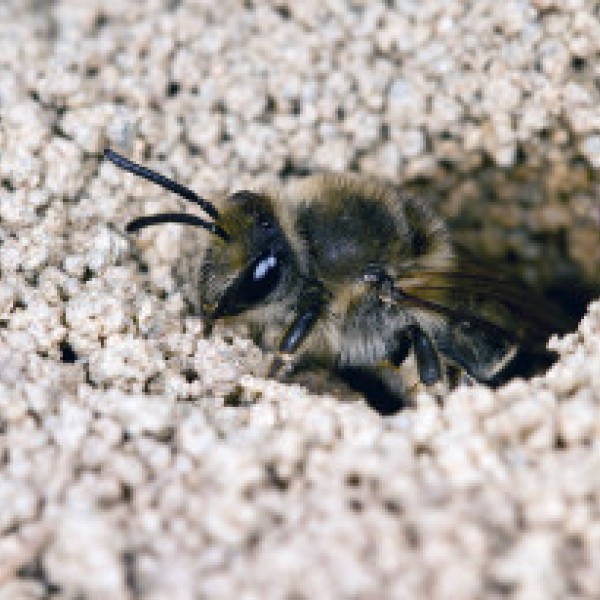When I finished my undergraduate studies in marine science at Boston University, I looked for a way to continue learning. Then I found out about the one-year MPS program focusing on animal science. To help me decide whether to apply, I read some of the term papers written by past MPS students about their capstone projects. The topics encouraged me to ask questions that I knew could be answered if I got in.
I especially appreciated the capstone project carried out by Noel Acor, MPS’24. She taught a college-level course to gain experience in research and teaching for a future in academia. Reading about her project proved to me that the MPS program was an incredibly inventive space.
As an MPS student, I have had multiple opportunities to learn and explore, and I have been excited to make the most of them. The program has the exact components that I want to get out of my education experience. I love that it is meant for those who wanted to obtain careers in the industry or government rather than academia.
The program has the exact components that I want to get out of my education experience. I love that it is meant for those who wanted to obtain careers in the industry or government rather than academia.
I have enjoyed finding out new things about animals and plants. For example, I took a class called ANSC 4200: Nutrition of Cats and Dogs that went into detail regarding the pet food industry. I learned the importance of ingredients in pet food that I would have overlooked otherwise. When I went home for the break, I was proud that I could point out the purpose of the ingredients in my dog’s food.
I have also made a lot of connections with other students in the MPS program. Graduate programs can be much smaller than undergraduate ones, and I was lucky to connect with my cohort—as well as students in other fields—shortly after I met them. Having these relationships has also made learning more fun because I have people I can talk to about the things I learn and also people to go to if I don’t understand a concept.







